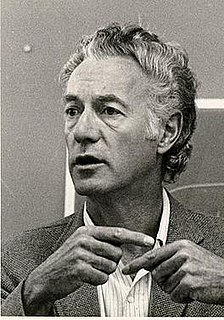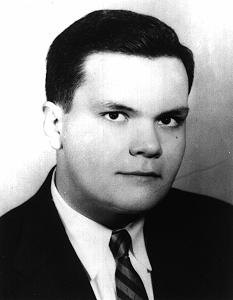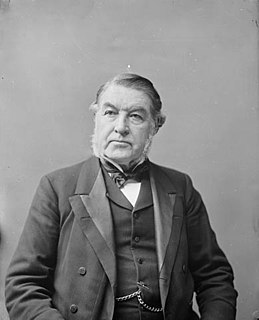A Quote by Karl Marx
When commercial capital occupies a position of unquestioned ascendancy, it everywhere constitutes a system of plunder.
Quote Topics
Related Quotes
The position of children as a group, in a commercial society, is not wholly advantageous. A commercial society urges its citizens to be responsible for things, but not for people. It is the unquestioned assumption of a mercantile culture that things need and deserve attention, but that people can take care of themselves.
I think the media in America have been absolutely fantastic about the rise of Trump, they've kept a firm eye on the ball: this constitutes democracy, this constitutes transparency, this constitutes fairness, this constitutes the way to behave in a civic society, this constitutes fascism, this constitutes authoritarianism. They're drawing that line, and they're calling him out every time. That's really what needs to happen, and you just have to do that.
If you read the story of slavery and see the part that the Uncle Tom played in the plantation, and then you see how the white man today has changed his tactics, but he still occupies the same position, in that same context you find Uncle Tom. He has changed his tactics but he still occupies the same position.
To maintain the ascendancy of the Constitution over the lawmaking majority is the great and essential point on which the success of the [American] system must depend; unless that ascendancy can be preserved, the necessary consequence must be that the laws will supersede the Constitution; and, finally, the will of the Executive, by influence of its patronage, will supersede the laws . . .
What distinguishes the historical social system we are calling historical capitalism is that in this historical system capital came to be used (invested) in a very special way. It came to be used with the primary objective or intent of self-expansion. In this system, past accumulations were 'capital' only to the extend they were used to accumulate more of the same.
The imperialistic or capitalistic system occupies areas. It occupies Vietnam now. They occupy them by sending soldiers there, by sending policeman there. The policemen or soldiers are only a gun in the establishments hand. They make the racist secure in his racism. The gun in the establishment's hand makes the establishment secure in its exploitation.
Now since man is naturally inclined to avoid pain - and since labor is pain in itself - it follows that men will resort to plunder whenever plunder is easier than work. History shows this quite clearly. And under these conditions, neither religion nor morality can stop it. When, then, does plunder stop? It stops when it becomes more painful and more dangerous than labor. It is evident, then, that the proper purpose of law is to use the power of its collective force to stop this fatal tendency to plunder instead of to work. All the measures of the law should protect property and punish plunder.








































